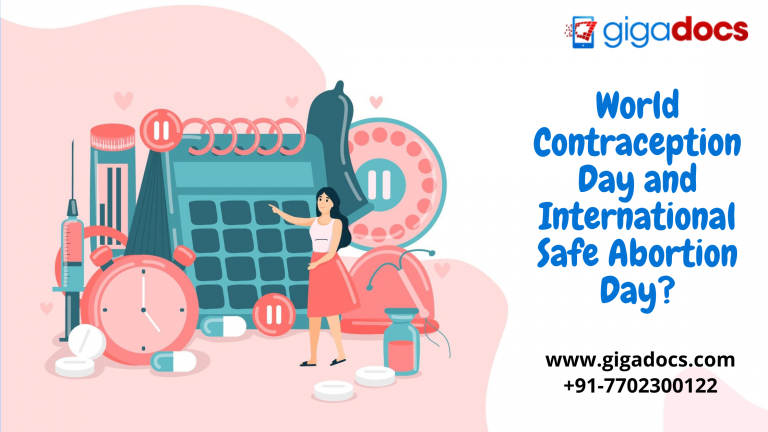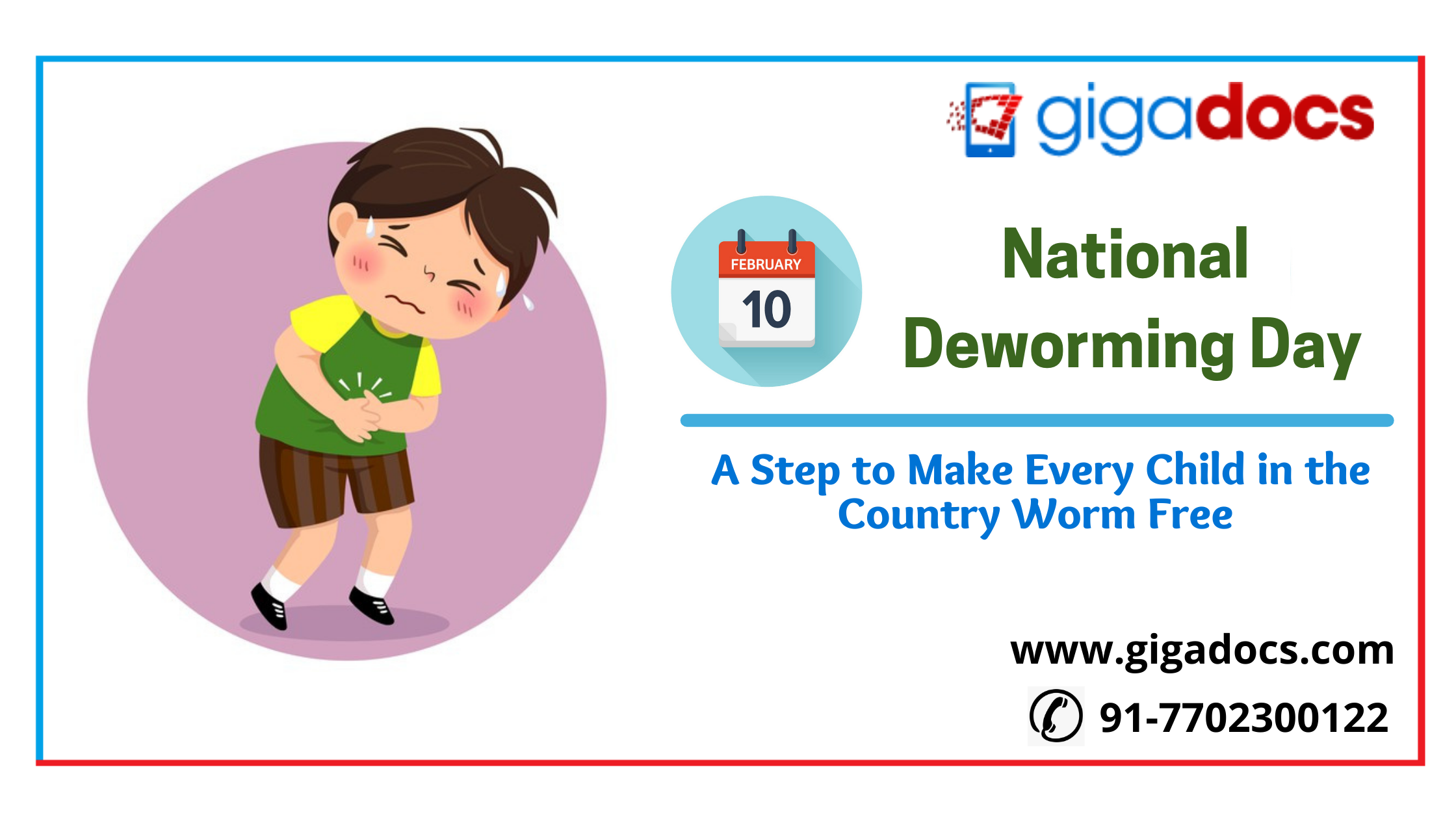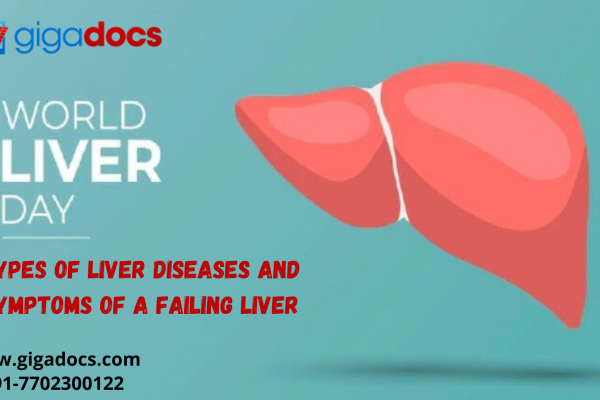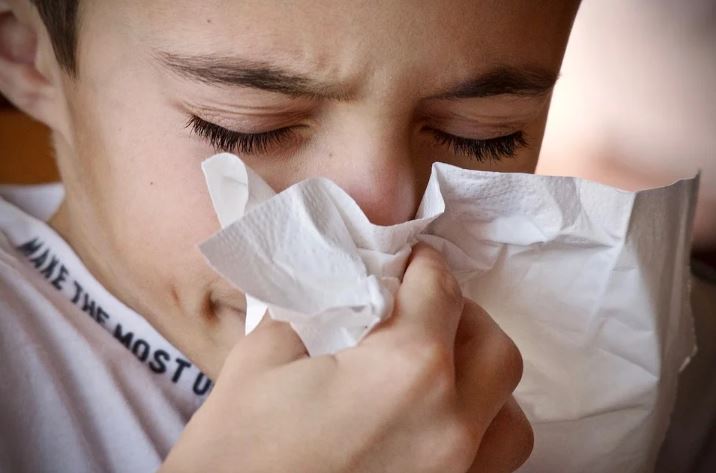The right to plan a family, contraception, and comprehending reproductive education is the highest among adolescent girls and women of reproductive age. The importance of birth control pills cannot be overstated, as they significantly impact a woman’s health. Women who use birth control pills have lower rates of ovarian cancer, uterine cancer, and anemia (low red blood cell count).
This week we are observing World Contraception Day and International Safe Abortion Day; read about how contraception and safe abortions are saving the lives of many women around the world.
International Safe Abortion Day and World Contraception Day
The 26th of September has been designated as World Contraception Day to highlight all couples’ and individuals’ rights to freely and responsibly decide on the number and spacing of their children. The 2030 Agenda for Sustainable Development states, “by 2030, ensure universal access to sexual and reproductive healthcare services, including information and education related to family planning and the integration of reproductive health into national strategies and programs.”
Contraception reduced the maternal mortality rate by a whopping 40%. The benefits are manifold, including the reduced rate of high-risk pregnancies, child mortality, improved child nutrition, and reduced teen and unplanned pregnancies.
On these cues, September 28th is designated as International Safe Abortion Day. Did you know? The WHO projects a staggering maternal death of over 10000 deaths due to unsafe abortions.
Contraception: Benefits and Takeaways
We are fortunate to be staying in a country that offers freedom of choice to women over the number of their children. Contraception forms an integral part of her decision-making process. The advantages include reduced newborn and child mortality and morbidity, unintended pregnancy, and maternal death and disability.
Contraception enables women, and adolescent girls to exercise their right to choose whether or not to become pregnant, space their children, and overall have safe sexual experiences without the risk of unintended pregnancy. Contraception also improves women’s socioeconomic opportunities and increases educational possibilities for adolescent girls.
Challenges Ahead
While the use of contraceptives differs by geographic location, upbringing, and different regions, women in low and lower-middle-income countries face more challenging obstacles to meeting their contraception needs. At the same time, access to contraception is difficult and fraught with obstacles for women like immigrants, women with disabilities, and low-income women across regions who face multiple forms of discrimination. The WHO estimates that, there is an unmet need for family planning. More than 200 million women who want to avoid pregnancy do not use modern contraception, owing to the above-mentioned barriers. While some women may be forbidden by their husbands, partners, or in-laws to use contraception, others may feel stigmatized because they want to use it. Some women are unaware of it, cannot obtain it, or cannot afford it.
Gigadocs supports Safe Abortions and Safe Contraception.
The freedom of choice must exist among women for different types of modern short- and long-acting contraceptives, as well as other methods such as emergency contraception and any other method to avoid forced pregnancies, in their entirety and without discrimination.
Gigadocs strongly supports safe abortions and contraception for all our female patrons. A healthy woman is a key to a healthy family leading to a healthy society. To know how Gigadocs can help with the best obstetricians and gynecologists, download the app, and schedule a call with best doctors near you at-
- IOS App – apple.co/2W2iG4V
- Android App – bit.ly/33AQoR




